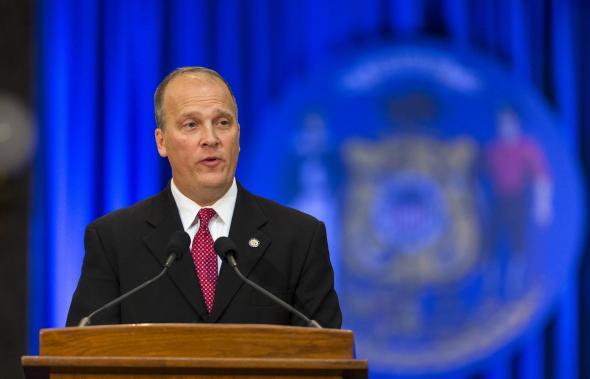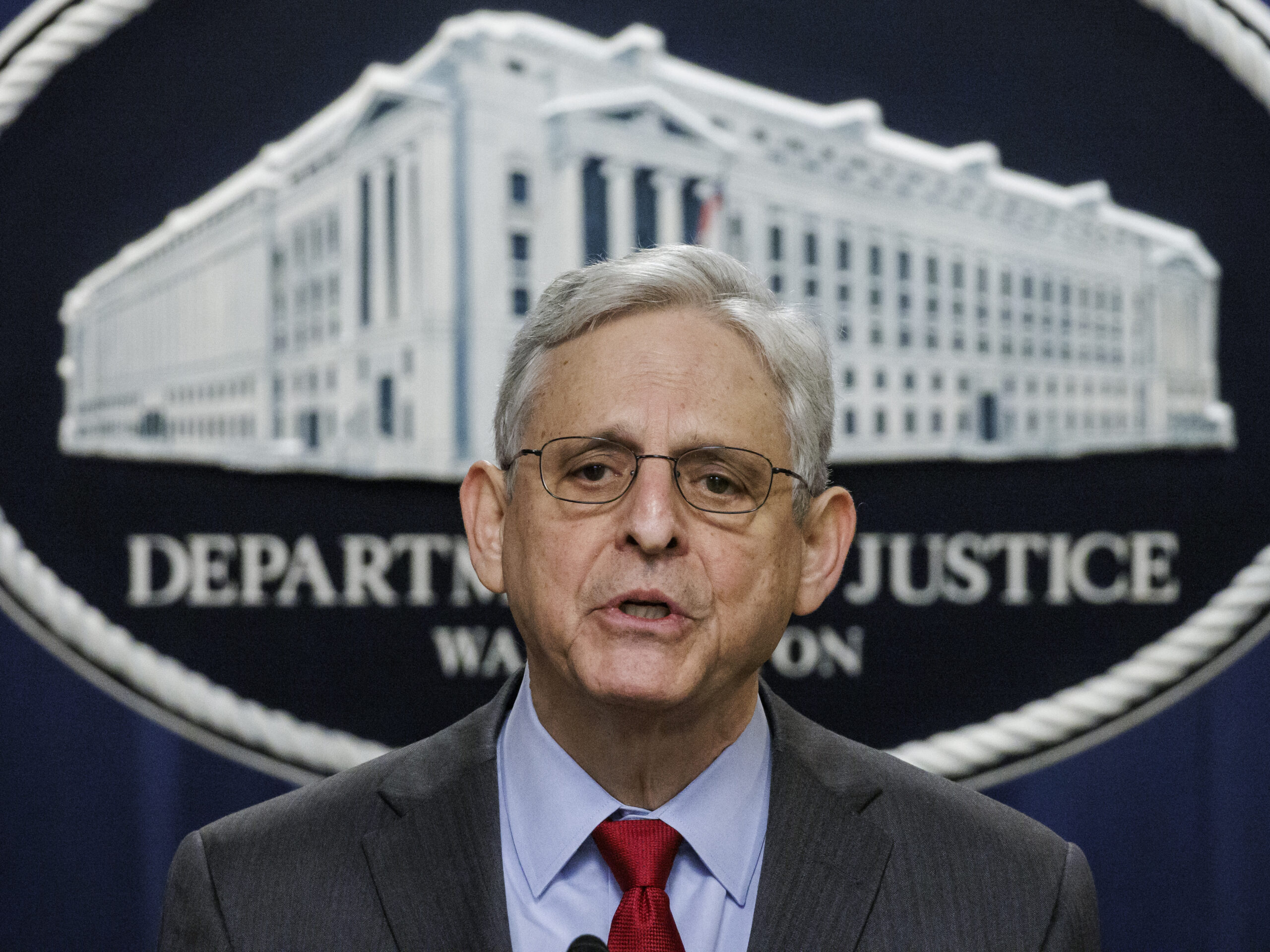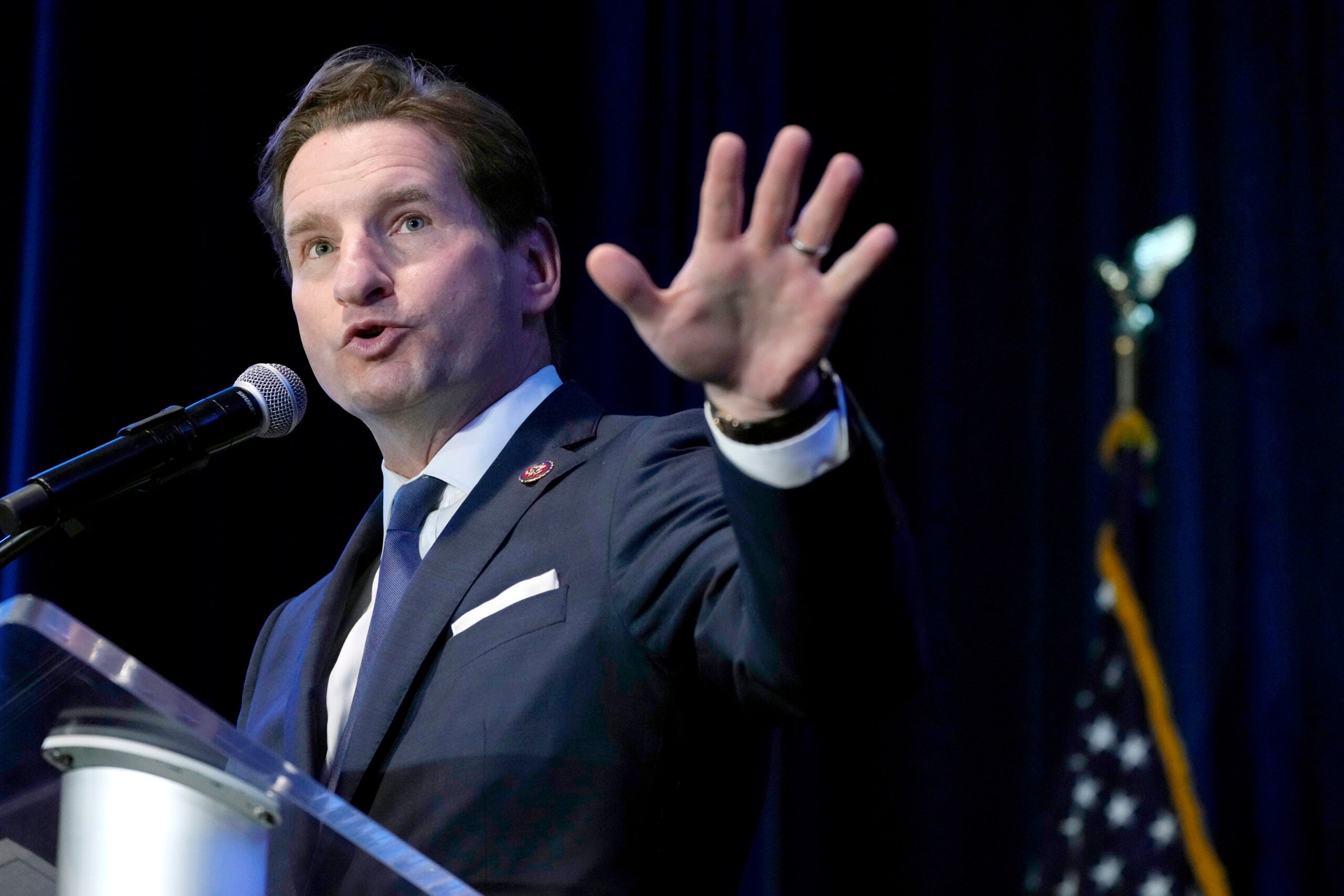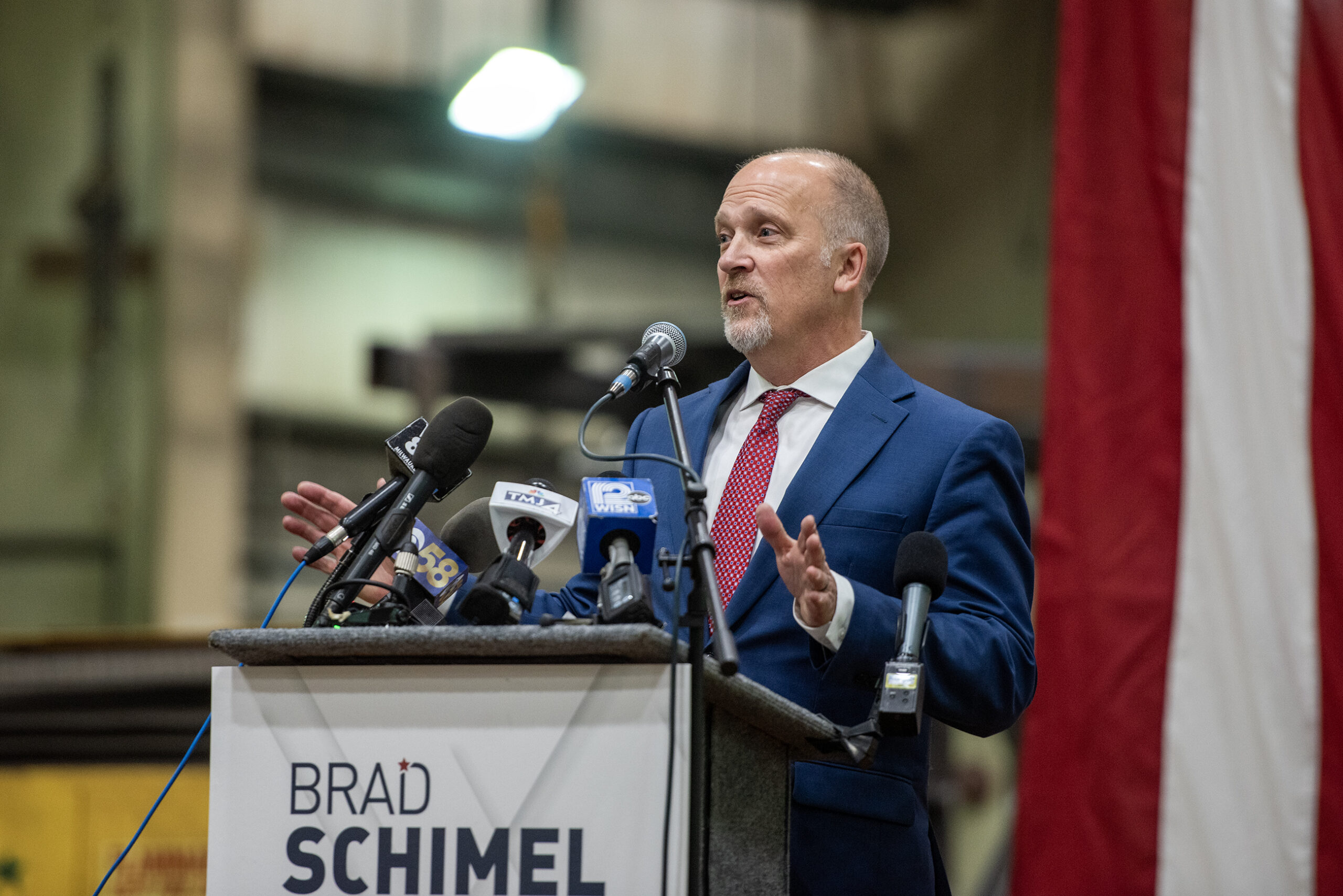This summer, Wisconsin Attorney General Brad Schimel instructed all state Department of Justice employees to sign nondisclosure agreements about their work, a move some critics say could silence whistleblowers and discourage government transparency.
According to the Milwaukee Journal Sentinel, Schimel’s department instructed employees to sign the agreement Aug. 10, which applies to disclosures made during and after their employment by the state. The move came at roughly the same time as a former DOJ employee and state Department of Corrections Secretary Ed Wall published a book outlining his concerns with Schimel and the DOJ’s handling of inmate abuse at the state’s youth prisons.
A spokeswoman for the DOJ did not immediately return a request for comment from WPR, but told the Journal Sentinel the document was not politically motivated and that it would not inhibit whistleblowers from stepping forward with information.
Stay informed on the latest news
Sign up for WPR’s email newsletter.
She said the push for all DOJ employees to sign the agreement was in response to a DOJ employee previously posting confidential information on social media.
Under the agreement, employees agree to protect the security of confidential information encountered during their work. That may include information related to criminal justice, intellectual property, or protected health information.
Under Wisconsin’s whistleblower law, the state cannot retaliate against an employee who discloses information about lawbreaking or abuse of power, as long as they first notify their department or the state’s Equal Rights Division.
According to Donald Downs, professor emeritus of law and political science at the University of Wisconsin-Madison, the agreement doesn’t violate DOJ employees’ First Amendment rights.
“People divulging confidential, classified information — that’s not kosher,” Downs said. “If this is limited to that kind of thing, it’s probably legal.”
However, Democrats have hit Schimel for the policy, saying it doesn’t align with the values of open government.
“Brad Schimel has created a culture of secrecy at his department of justice,” said Courtney Beyer, Democratic Party of Wisconsin spokeswoman.
Beyer noted Schimel also worked to keep private two training videos he made during his time as a prosecutor, which the state Democratic Party had pushed to be made public. The state Supreme Court in 2016 ruled in favor of Schimel in that case.
Editor’s note: This story was updated at 2:30 p.m. Thursday, Sept. 13, 2018 with original reporting from WPR.
Wisconsin Public Radio, © Copyright 2024, Board of Regents of the University of Wisconsin System and Wisconsin Educational Communications Board.






